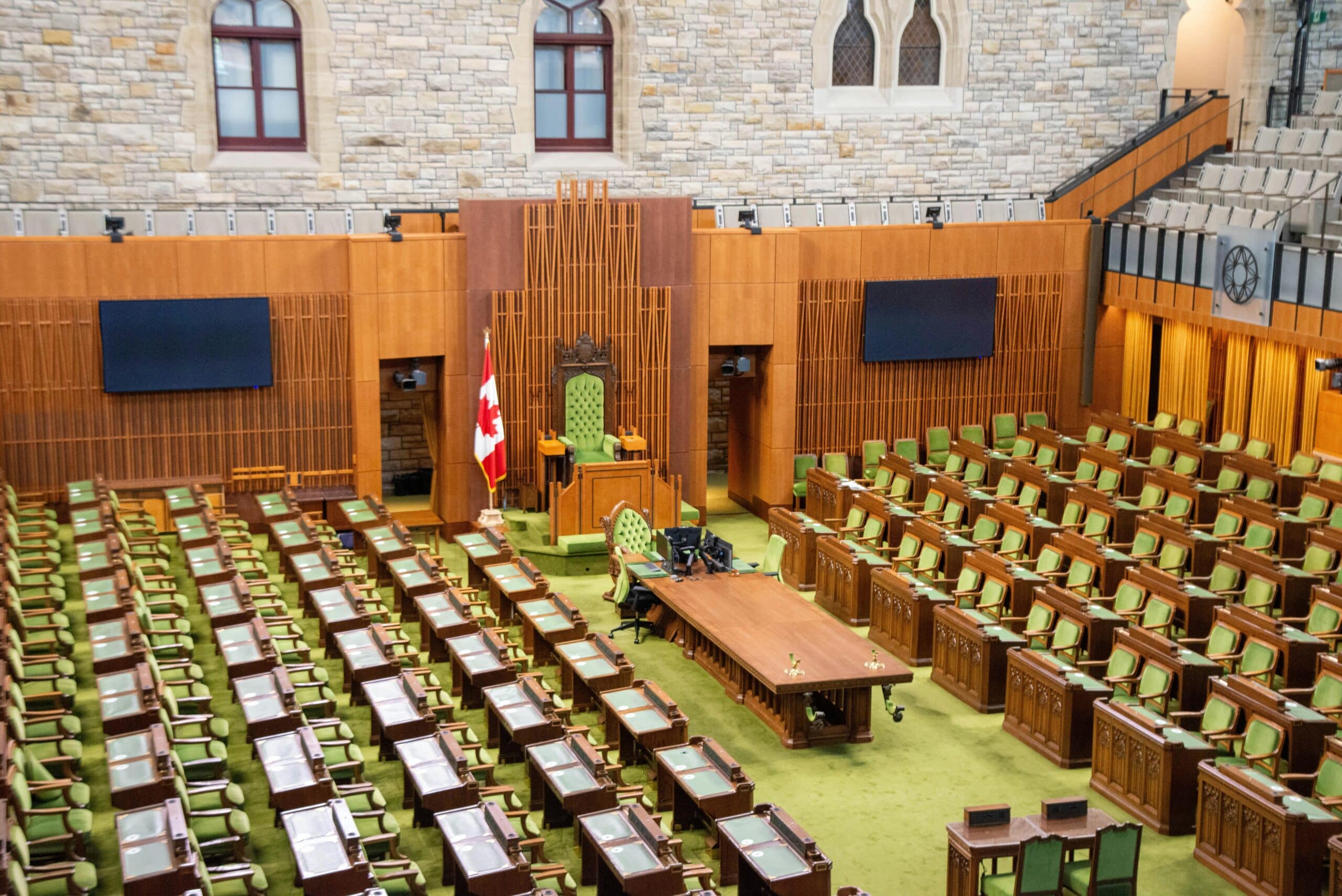Earlier this year, the Canada Revenue Agency (CRA) announced significant changes to trust reporting rules that introduced new filing obligations for many express trusts, including bare trusts. These new requirements sparked widespread concern, prompting the CRA to provide temporary relief for the 2023 tax year. Most recently, on August 12, 2024, the Department of Finance Canada responded to public feedback with additional amendments to ease the transition. These changes have left trustees and beneficiaries with questions about what the relief entails, how the amendments affect them, and what the future holds for trust reporting.
The Evolution of Trust Reporting Rules in Canada
The recent updates are part of a broader initiative by the Canadian government to enhance transparency and combat tax avoidance. In December 2022, Bill C-32 was enacted to close loopholes and strengthen the reporting obligations for trusts. Historically, bare trusts enjoyed minimal regulatory burdens, as they were disregarded for income tax purposes. However, the new trust reporting rules required all trusts, including bare trusts, to file T3 returns and provide detailed information on trustees, beneficiaries, and settlors.
In response to the complexities introduced by these new rules and the public outcry, the CRA announced a temporary exemption for bare trusts from filing a T3 return for the 2023 tax year, unless explicitly requested. But this was just a temporary measure, and the August 2024 amendments have introduced further changes to the reporting obligations, which trustees must now navigate.
Key Amendments in 2024
On August 12, 2024, the Department of Finance Canada released several proposed amendments aimed at easing the transition to the new trust reporting requirements. These amendments include the following updates:
- Expanded Exemptions for Trusts: The proposed amendments broaden the categories of trusts that may be exempt from the enhanced reporting rules. For example, the small trust exemption applies to trusts that hold assets with a fair market value (FMV) not exceeding $50,000, regardless of the type of assets held. In addition, a related party/family trust exemption applies to trusts where all beneficiaries and trustees are individuals related to one another, provided the total FMV of the property does not exceed $250,000.
- Repeal of Bare Trust Reporting Rules for 2024: The controversial bare trust reporting rules have been repealed for the 2024 tax year. This means that bare trusts will no longer be subject to enhanced reporting obligations for that year. However, beginning in the 2025 taxation year, new rules for deemed trusts will come into effect. Deemed trusts are arrangements where legal ownership is separated from beneficial ownership, and these will be subject to enhanced reporting requirements moving forward. A new subsection 150(1.31) was added in the Act to exempt certain bare trusts from the enhanced reporting requirements for taxation year 2025 and onwards.
- Changes to Settlor Definition: The definition of “settlor” has been narrowed. Under the new rules, individuals or partnerships that transfer assets to a trust for fair market value consideration are not considered settlors for the purposes of trust reporting. This change is expected to simplify reporting for many trusts.
- Regulated Trust Fund Exception: Certain trust funds required by professional regulations or law will now be exempt from reporting obligations if they hold assets with an FMV of up to $250,000. This exception primarily applies to client-specific trust accounts, commonly used by lawyers and other regulated professionals.
The Significance of CRA’s Actions
The CRA’s decision to provide temporary relief for bare trusts in 2023, followed by these 2024 amendments, signals an acknowledgment of the complexity and administrative burden placed on trustees. These changes should not be seen as a permanent solution. The introduction of deemed trusts and enhanced reporting obligations for 2025 and beyond indicates that the CRA is committed to improving transparency in trust structures.
Broader Implications for Trusts in Canada
The government’s increased scrutiny of trusts aligns with a global trend toward greater transparency in financial systems. Organizations such as the Organisation for Economic Co-operation and Development (OECD) have long advocated for stricter regulations on entities that can obscure beneficial ownership. Canada’s evolving trust reporting rules reflect this broader push toward financial transparency.
These changes also align with Canada’s ongoing efforts to create a public registry of beneficial ownership for corporations. While the relief measures for 2023 and 2024 may offer trustees some respite, the broader trajectory suggests an increasing focus on disclosure requirements across all areas of the financial system.
Preparing for the Future
While the CRA’s relief for 2023 bare trust filings and the 2024 repeal of bare trust rules are welcome reprieves, trustees must prepare for full compliance in 2025 when the new deemed trust rules come into effect. Key steps for trustees include:
- Reviewing Trust Structures: Trustees should assess whether their current trust arrangements comply with the new rules and take necessary action to prepare for 2025.
- Gathering Beneficial Ownership Information: Trustees must ensure they have accurate and up-to-date information about beneficiaries, settlors, and other key stakeholders.
- Seeking Professional Advice: Engaging with tax professionals and legal advisors is crucial to navigating the complexities of the new regulations and avoiding potential penalties.
The CRA’s 2024 trust reporting amendments mark a significant shift in Canada’s trust reporting landscape. Trustees must take advantage of the temporary relief measures to ensure they are fully prepared for the enhanced requirements in 2025. By understanding the implications of these changes and seeking expert advice, trustees can navigate the evolving trust regulations with confidence.
At Zeifmans, we understand the intricacies of trust management and the challenges posed by the CRA’s new regulations. Our team of experts is here to help you stay compliant and protect your interests. Contact us today to schedule a consultation and ensure your trust is fully prepared for the future.



